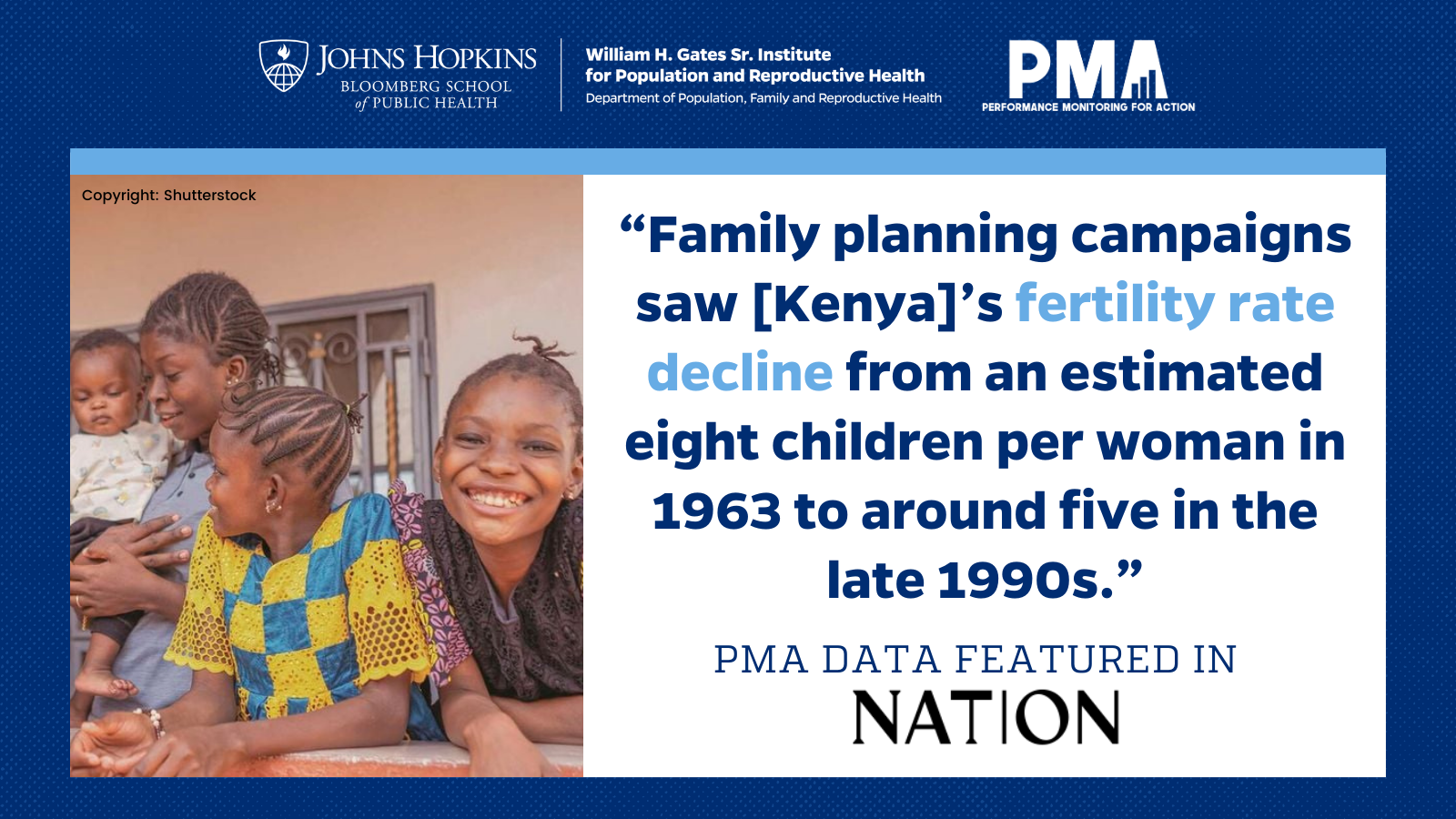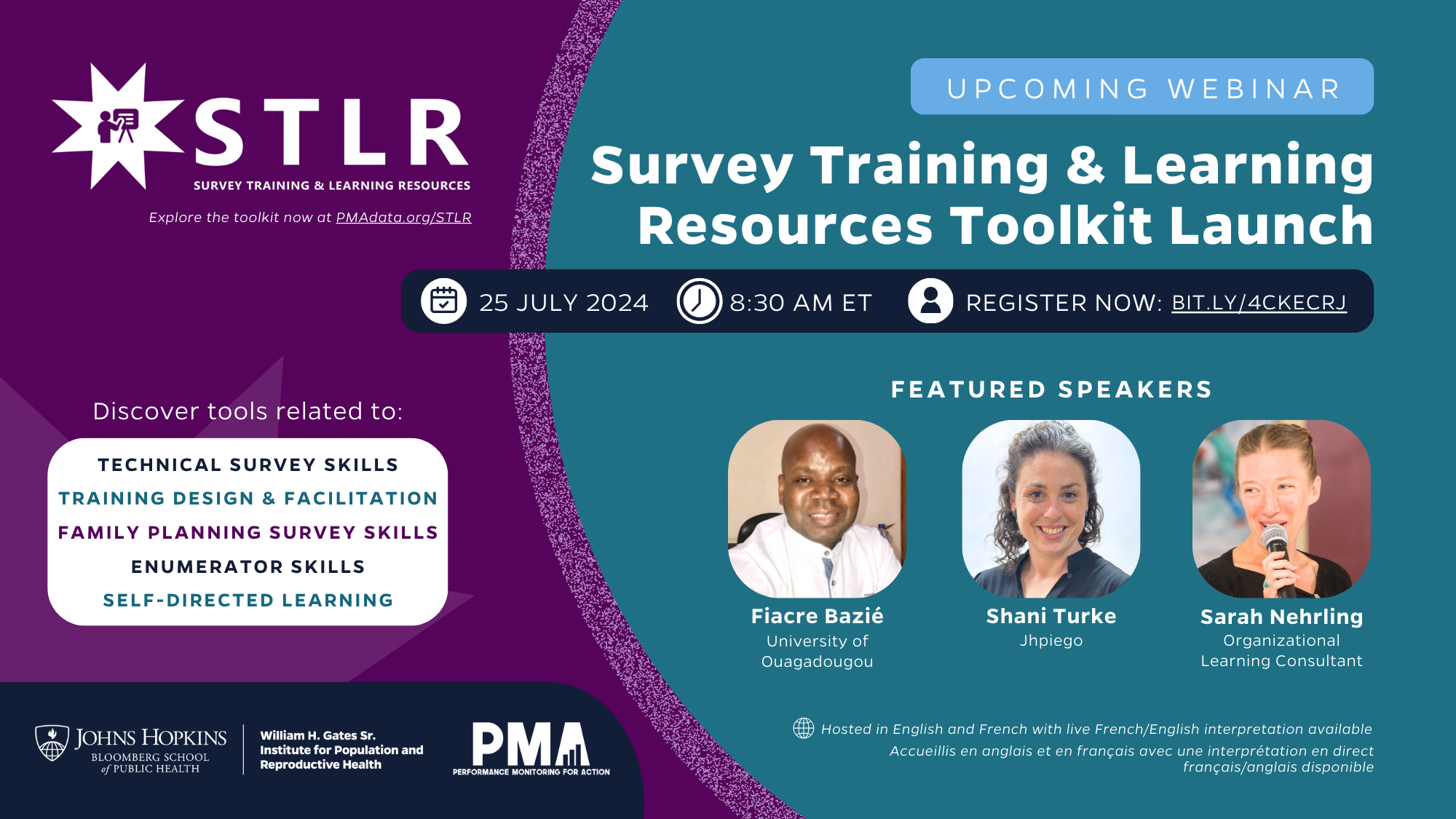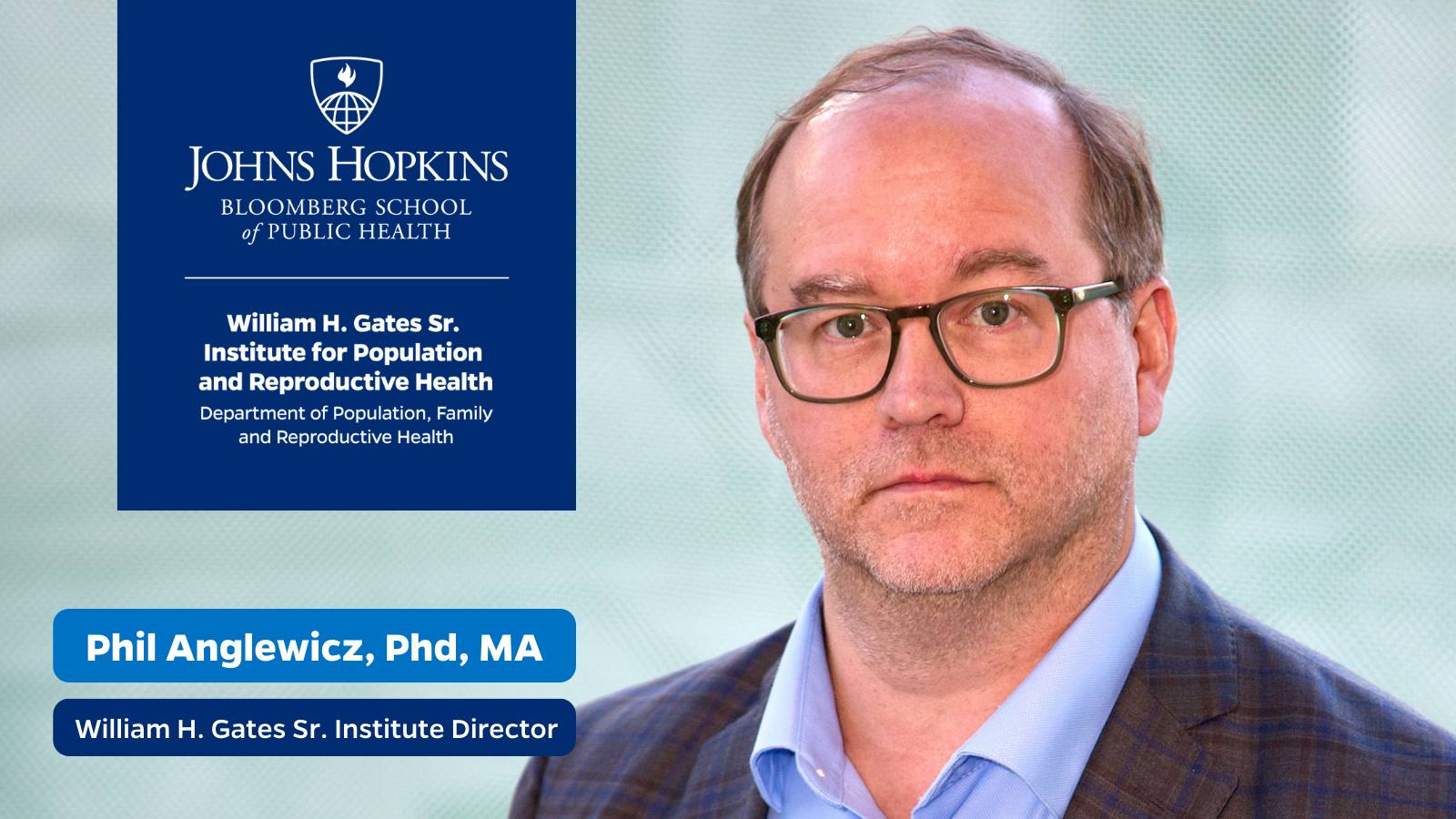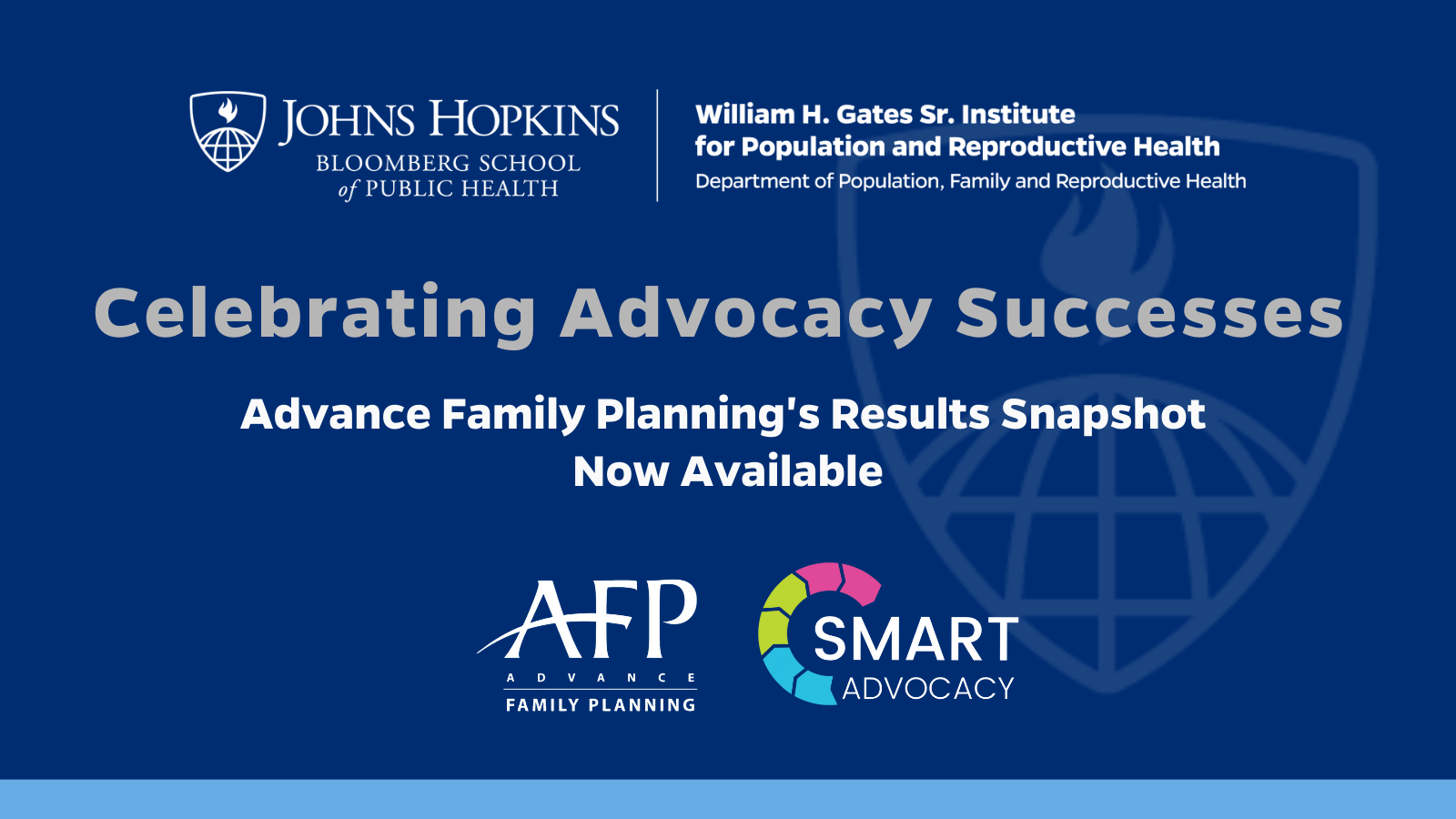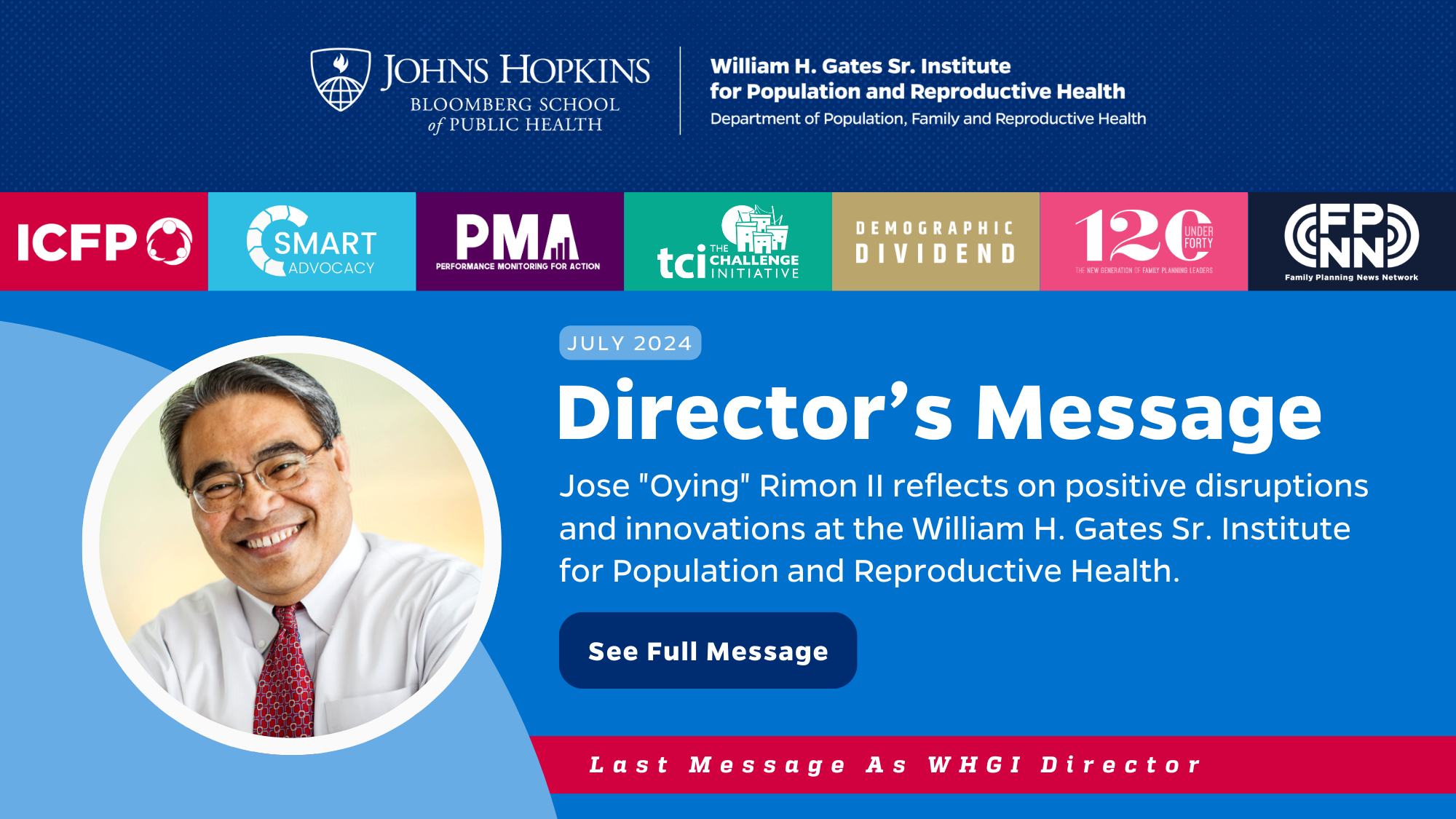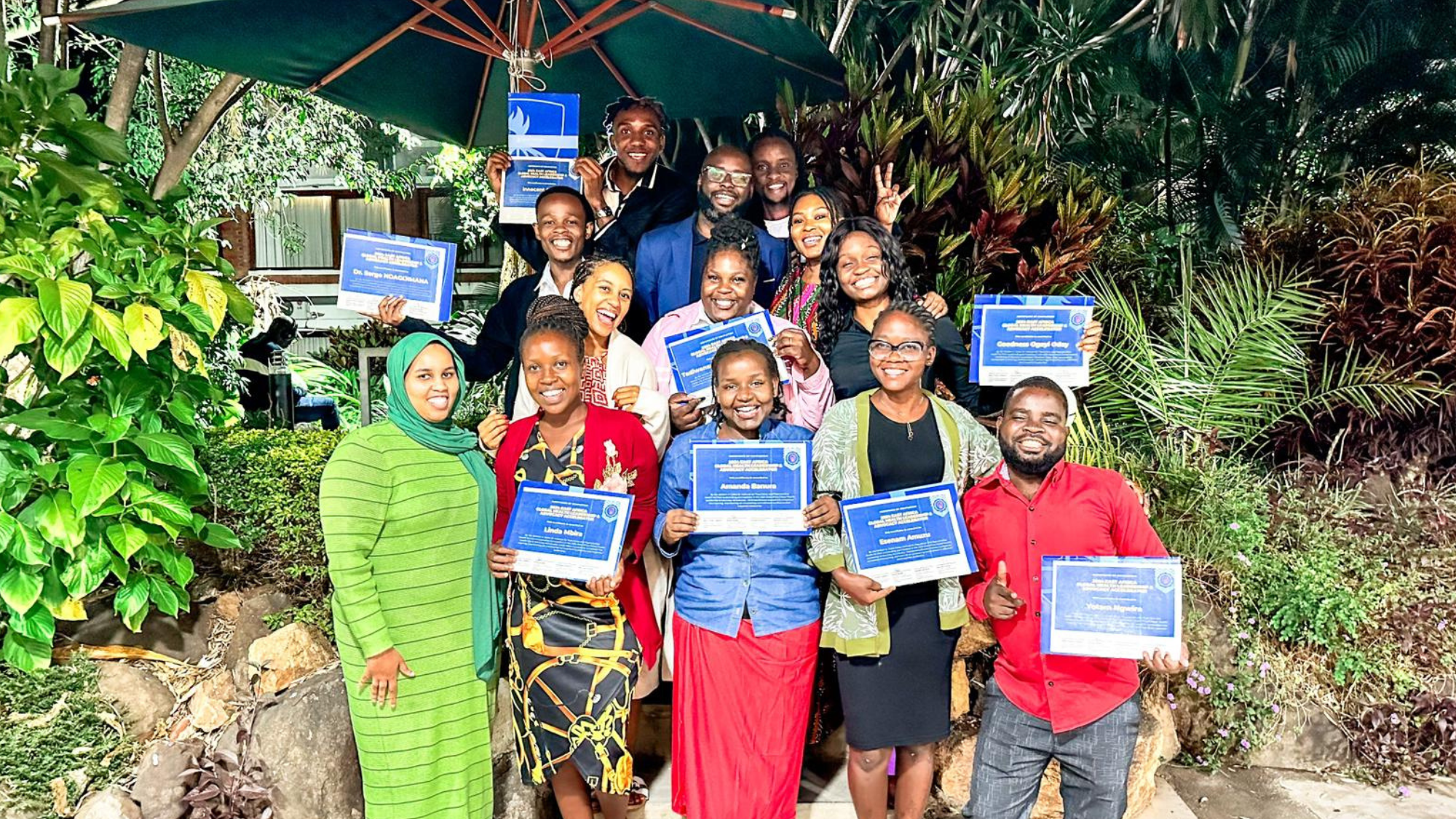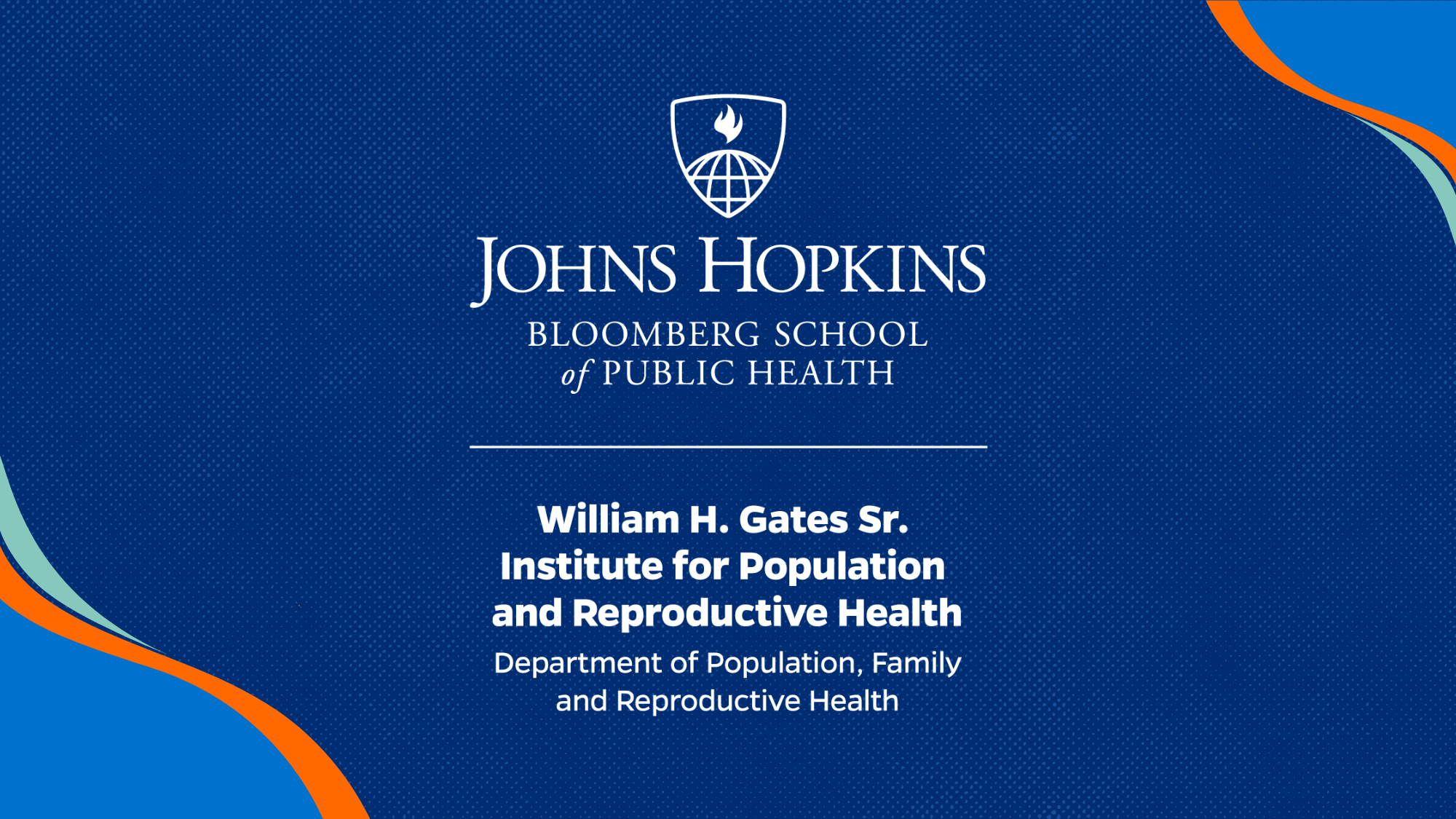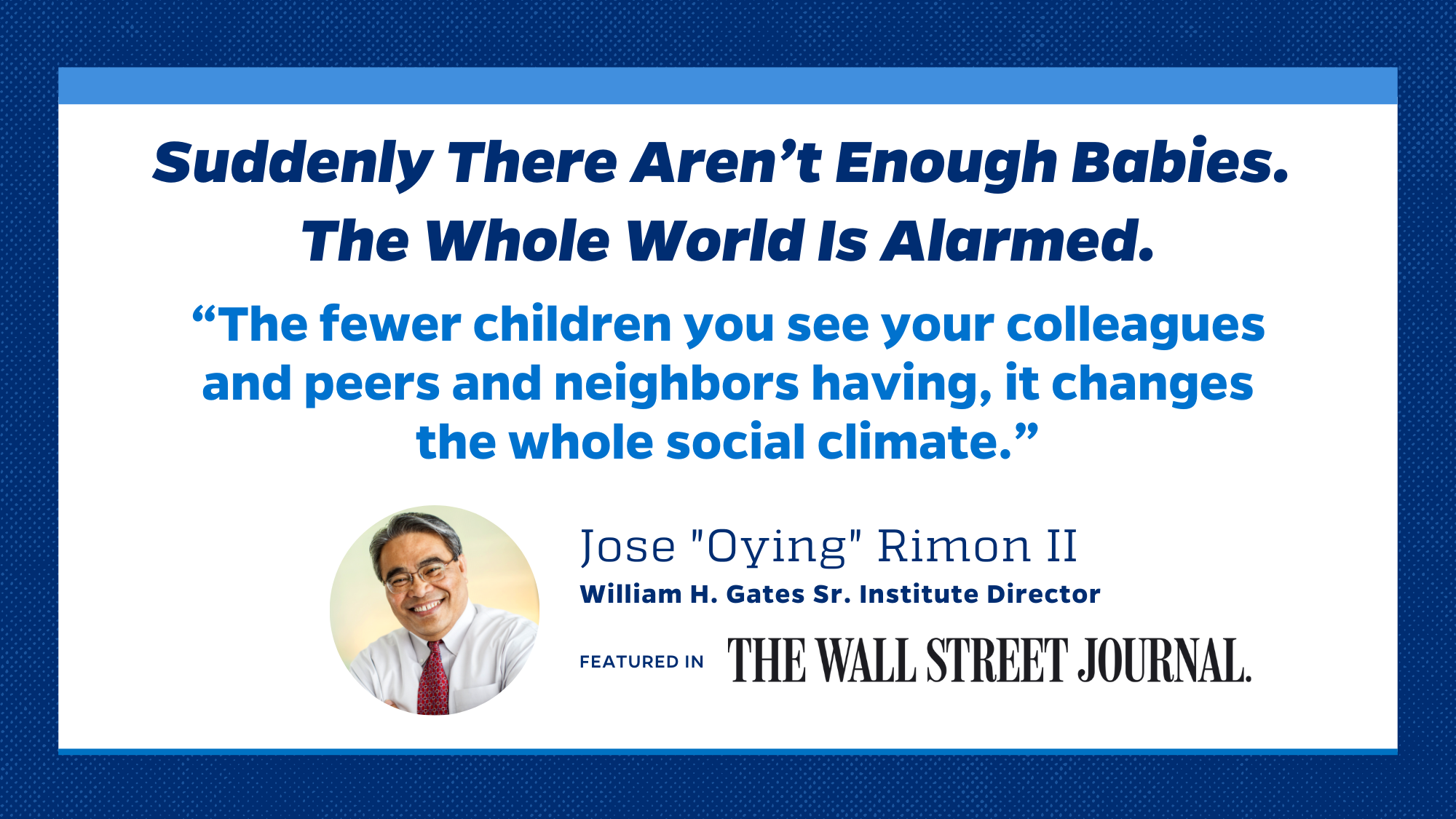While our dear friend and colleague, Dr. Clea Finkle, has passed on, her legacy endures and her beautiful smile lingers.
I first met Clea when I started working at the Gates Foundation in 2008. She was a consultant hired by the family planning team to conduct deep dives into data and literature on major topics and issues.
I formed a deeper connection with Clea when she assumed the role of Program Officer for The Challenge Initiative (TCI) at the foundation. This significant collaboration took place after I returned to Hopkins and was serving as the Director of the Bill & Melinda Gates Institute for Population and Reproductive Health. It was in August 2015 that I received a call from Clea, during which she expressed her hopes that I would lend a receptive ear to a proposal she was considering.
She described the Urban Reproductive Health Initiative (URHI) as a flagship program funded by the foundation to the tune of almost $200M, implemented by four different partners in Nigeria, Kenya, Senegal, and India and evaluated by an external agency using an advanced and robust evaluation methodology. That evaluation showed that after five years, the URHI “proof of concept” initiative had been quite successful in all four countries. Clea said Melinda Gates had challenged the family planning team to scale up URHI tools and best practices rapidly in as many places as possible.
I recall Clea had complete command of the evaluation data (a phenomenon I would become more familiar with in the coming years). She then asked me if the Gates Institute would be interested in playing a leading role in this ambitious rapid scale-up idea with significantly fewer resources available this time around. My first question was why us? She explained that the foundation has considered many different organizations and, after debating the pros and cons of each, the Gates Institute was the one left standing. I said this was a very high-risk proposition with the future of the Institute potentially jeopardized as the likelihood of failing was very high.
Then, Clea presented an even more formidable challenge. The project she envisioned went beyond addressing the typical challenges associated with pilot programs. It aimed to tackle and overcome “pilot-itis,” showcasing the swift and effective scaling up of best practices and high-impact intervention toolkits developed under URHI. What set this initiative apart was its aspiration to foster innovative thinking and approaches that could potentially revolutionize the landscape of health and development programming in the future. It embodied a “business unusual” approach, aligning seamlessly with the very ethos that our Institute stands for.
We welcomed the proposition. How could we not? But before committing, I asked Clea if it was possible to convene a meeting in Seattle hosted by the foundation of all the stakeholders of URHI, including the evaluation partner, so we could co-create the program as collaborative thought partners, rather than being directed by the foundation like a contractor. Clea readily agreed, saying “Consider that done.”
Like a skilled orchestra conductor, Clea, together with her colleagues at the foundation, coordinated an innovative co-creation and consultation process. Every idea – regardless of how wild it sounded – found its rightful place in the spotlight. Thus, was born an early consensus on the business unusual elements of The Challenge Initiative, whose very name reflected what we expected it to encounter.
A few examples of those elements:
TCI would be demand-driven, with cities and local governments competing to join by demonstrating their political commitment and bringing their own ideas, as well as financial, human, and other resources to the table. This element was based on the recognition that almost all research in public health has concluded that political commitment is key to any programming success. Some thought it was a crazy idea to expect local governments to allocate cash to become part of TCI. But since 2016, $107 million has been committed by local governments to family planning programming – with probably five times that amount if the health systems investments that accompanied that commitment were counted. Thus far, an average of about 50% of committed funding has actually been disbursed. In terms of scale, TCI now covers 185 cities in 13 countries with a footprint of over 200M population.
Another business unusual element was that TCI must generate performance data in near real-time for participating cities to track progress, conduct course corrections, and inform decision-making with data and evidence. For more than 40 years, the reproductive health community has depended on demographic health surveys conducted almost every five years. If Starbucks or Walmart can generate real-time data, why not the public health community that deals with far more important issues like health and mortality? With Clea’s active encouragement, TCI developed a methodology using the health management information systems (HMIS) that all local governments collect. The methodology controls for many variables and infuses the results and analytics that have a much higher level of confidence. It is now considered seminal to the field and will be adapted by many more international NGOs.
Another element required TCI to create its own “university” without walls where the URHI toolkits and best practices could be codified in easy-to-use packages for adoption and adaptation. This idea was borrowed from the private sector (e.g., McDonald’s University). TCI University is now vertically integrated from end to end –from its digital version to developing the skills of more than 6,000 master coaches on the ground to certifications that can be earned from one level to the next and a huge community of 15,000 practitioners learning from each other.
TCI also needed to be owned and led by the cities and the local governments themselves, to ensure the interventions would be sustained long after TCI’s direct support to participating cities ended. Every program design in every city TCI supports is co-created and co-developed. TCI departs from the usual practice of providing technical assistance by technical doing, instead using a coaching approach that initially “leads,” quickly moves to “assist” and then tapers down to “observe.” To date, TCI has generated 3.8 million additional users of modern contraceptives.
I share these examples of business unusual elements as a testament to Clea and her colleagues’ openness to the concept of co-creation, acknowledging that valuable ideas can emanate from anywhere. However, what truly distinguishes my memories of Clea, both on a personal and professional level, was her embodiment of the qualities I believe define an exceptional leader and manager. To me, she was an exemplary role model for any “Program Officer” within a donor organization, setting a standard for openness, innovation, and effective leadership.
Clea embodied a rare combination of humility and fierceness. Despite her formidable skills and experience, she remained perpetually hungry for new ideas, approaching every challenge with an open mind and a genuine curiosity. In contrast to the metaphorical teapot that’s always full, Clea steered clear of the “IK-IK”(I know, I know) syndrome, eschewing any traces of a know-it-all attitude. She was a true practitioner of “OM” – the open mind philosophy. Yet, when it came to defending her convictions or standing up for her friends, she could be fiercely determined, showcasing a tenacity that added depth to her leadership style.
Clea also exuded an aura of calmness, modesty, and unwavering positivity, even in the face of adversity. Her counsel to TCI during challenging times was marked by a focus on navigating obstacles with a positive perspective, emphasizing solutions over setbacks. It seemed to me that this trait was not merely acquired but rather intrinsic to her nature. Perhaps, it was this innate quality that guided her in confronting and managing her own illness with the same grace and resilience she exhibited in her professional life.
Clea possessed a rare blend of intellectual prowess and emotional intelligence. While she adeptly engaged in discussions on challenges facing TCI, she also demonstrated empathy and an understanding that not everything follows a rational or linear path. Her default stance was to give people the benefit of the doubt – unless that trust was violated.
Clea also demanded transparency from others and exemplified it herself, fostering an environment where there were no secrets between TCI and its Program Officer. This commitment to openness laid the foundation for a strong and trusting partnership.
In every aspect, Clea defied the stereotypes of arrogance, bureaucracy, and micromanagement. Her approach was the antithesis of these qualities. I often say that the success or failure of any donor-funded endeavor is significantly influenced by the characteristics of its Program Officer. In this regard, Clea stands as a shining example. She not only inspired TCI but also challenged the team, elevated expectations, and tirelessly championed and recognized TCI’s achievements while shaping and reshaping its development over the years.
Clea, your legacy lives on with us, and we do not merely miss you; we are continually inspired by the impact you’ve left behind.
|

